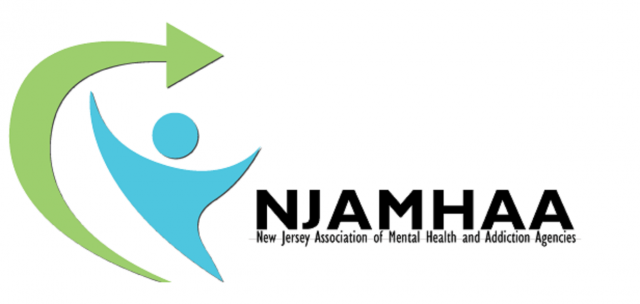December 27, 2023
While the holiday season is a joyful time for many people, this is unfortunately not the case for other individuals, especially those who have friends and relatives in Ukraine, Israel and Gaza and, therefore, are worried about their safety or have lost loved ones during these conflicts. Many are dreading the holiday season as they feel the absence of those who were close to them more acutely than at other times of the year. Economic difficulties resulting from runaway inflation and feelings of stress can also contribute. Self-care is vitally important for coping with depression and anxiety, which commonly occur not only during the holidays, but also immediately following the holiday season and at all times of the year.
Before the holidays arrive, the blues could be attributed to the added responsibilities related to the season (e.g., entertaining and shopping for friends and family members). After the holidays, the blues could be a result of any of the following factors: "crashing" after the emotional and stressful holidays; recovering from excessive eating, which is a common part of celebrations; adjusting to being back at work; and feeling general sadness because the fun times have ended and there may be a long wait to again reunite with loved ones. "And as many overindulge in eating treats at parties and family gatherings, it can impact their physical and mental health. Sadness, irritability and fatigue are common following excessive consumption of sugar," noted Debra L. Wentz, PhD, President and CEO, New Jersey Association of Mental Health and Addiction Agencies.
Self-Care Helps Mitigate the Blues
"Self-care is critical at all times and may be more difficult to focus on during the holiday season, which is often emotionally trying and stressful. To mitigate the pressure that many feel during this time of year, individuals are encouraged to manage their expectations of the holidays; set realistic goals that can increase their happiness; continue normal routines as much as possible;andtry to not feel obligated to participate in all social gatherings - especially those with people and in settings that might trigger depression, anxiety or other negative emotions - or exceed their budgets buying costly gifts for friends and relatives," Dr. Wentz advised.
"Taking care of ourselves also must include recognizing and addressing depression and anxiety. If self-care techniques such as exercise, eating a balanced diet with lean proteins and fresh fruits and vegetables, and diversionary activities are not effective and the emotions increasingly interfere with everyday life, seeking professional help should be considered," Dr. Wentz added. Providers of mental health care and substance use treatment throughout New Jersey can be found on NJAMHAA's website.



